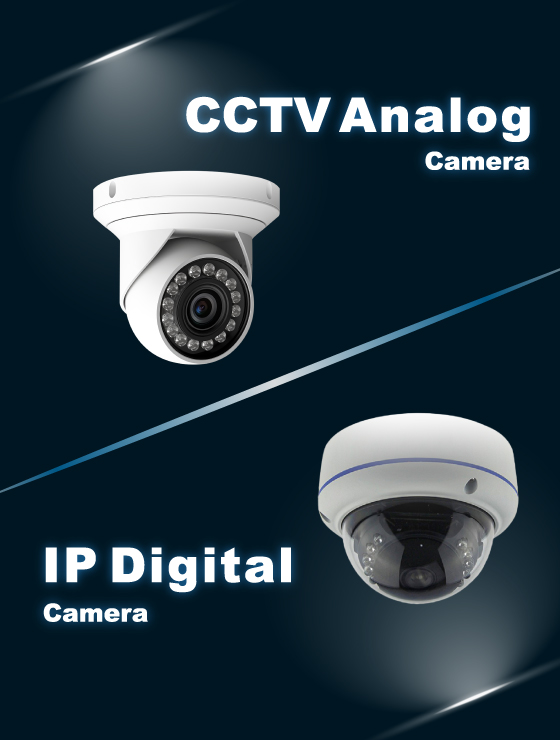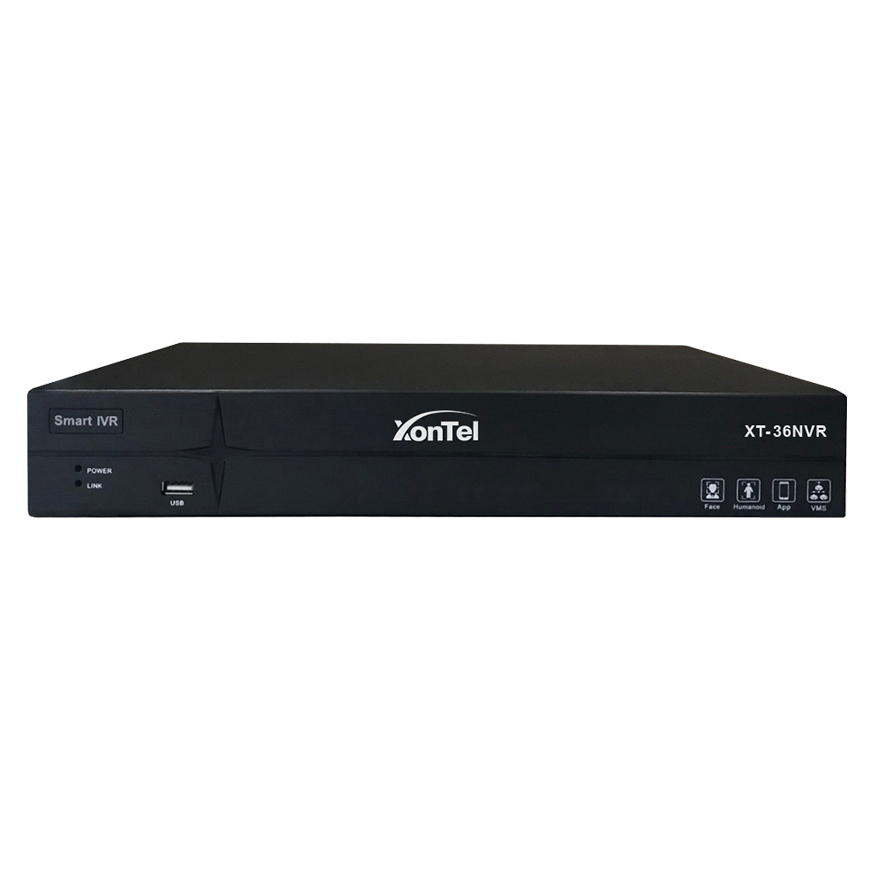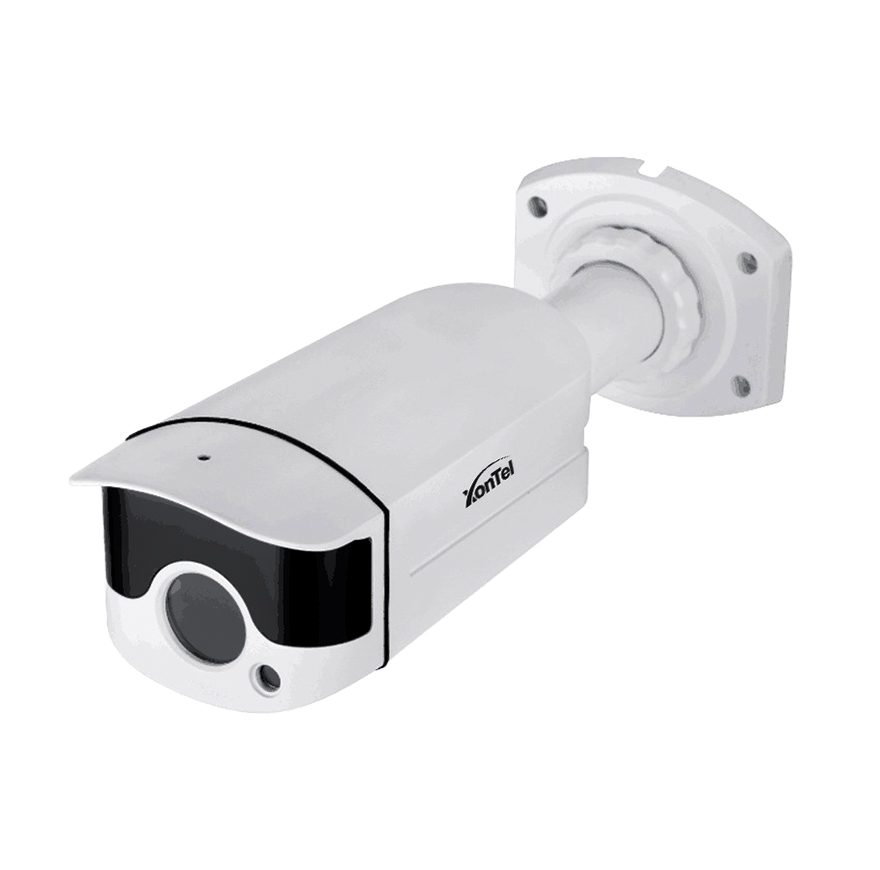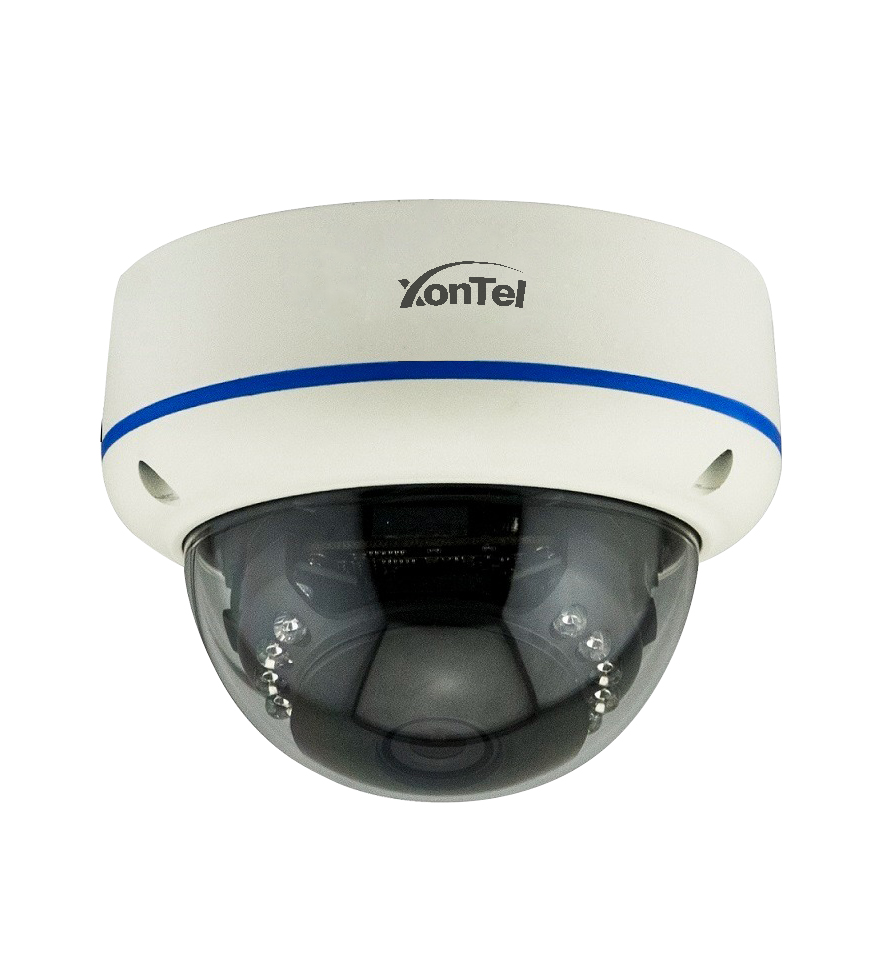Modern IP-based surveillance cameras, also known as IP Cameras or IP Digital Cameras, and analog CCTV (Closed-Circuit Television) Cameras are widely used for security purposes. Each type has its strengths and weaknesses. Let’s explore the key features and drawbacks of each.
Firstly, IP Cameras:
Image Quality: IP cameras generally provide higher image resolution and clarity than traditional analog CCTV cameras. They can deliver high-definition and even ultra-high-definition (UHD) video.
Flexibility: IP cameras are more flexible in terms of installation. They can be easily integrated into a company’s or home’s internal network, and many support Power over Ethernet (PoE), which means that power and data can be transmitted through a single network cable without needing dedicated power adapters.
Remote Access and Control: IP cameras often integrate with the internal network, allowing for remote monitoring and access. You can view camera feeds from anywhere with an internet connection.
Advanced Features: IP cameras typically offer advanced features such as:
- Motion detection and analysis with alert notifications
- Some models have built-in microphones
- Infrared night vision capabilities
- Superb zoom and video enhancement capabilities
- 180-degree panning ability
- Mobile alert notifications
- Ability to make VoIP (Voice over IP) calls over the network
Scalability: IP camera systems are generally more scalable. You can easily add more cameras to your network without significant changes to the infrastructure.
Secondly, CCTV Cameras (Analog):
Cost: Traditional CCTV systems are often more budget-friendly, especially for smaller locations. The cameras and their associated components are generally less expensive.
Ease of Installation and Operation: CCTV systems are relatively simple to set up and operate, making them the optimal choice for non-expert users.
Reliability: Some users claim that analog CCTV cameras systems may be more stable in some instances, as they operate independently of the network system and are thus isolated from common network issues.
Ultimately, the “optimal” choice depends on your requirements, the features you cannot compromise on, and the allocated budget. It may be beneficial to consult with security professionals to assess your needs. XonTel Technology is one such company that can assist you.







